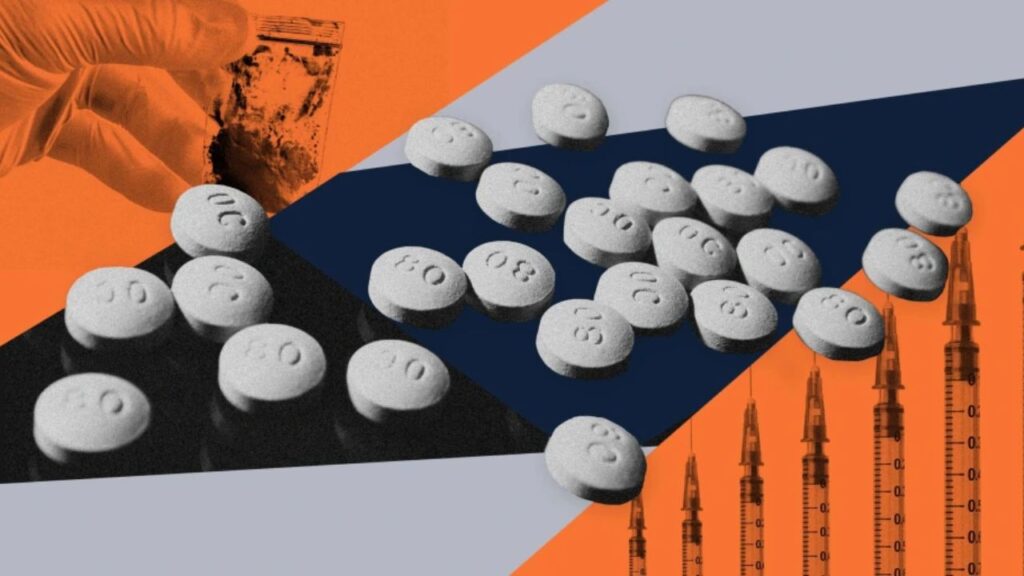Drug overdose deaths have been on the rise in Kentucky for the last four years, reaching a record high of 2,250 in 2021. The opioid epidemic has been the main driver of this public health crisis, as fentanyl and methamphetamine have become more widely available and potent. While the whole state has been affected by this scourge, one city stands out as the most impacted by drug overdoses: Louisville.
Louisville’s Overdose Crisis
According to the 2021 Kentucky Drug Overdose Report, Louisville had the highest number of drug overdose deaths in the state, with 584 fatalities, accounting for 26% of the total. This represents a 54% increase from 2020, when Louisville had 379 overdose deaths. The city also had the highest overdose death rate per 100,000 population, with 75.8, followed by Kenton County with 66.9 and Boyd County with 65.9.
The majority of the overdose deaths in Louisville involved fentanyl, a synthetic opioid that is 50 to 100 times more potent than morphine. Fentanyl was detected in 82% of the overdose deaths in the city, often in combination with other substances such as heroin, cocaine, methamphetamine, or prescription opioids. Fentanyl can be lethal even in small doses, and it is often mixed with or sold as other drugs, increasing the risk of accidental overdoses.
Other factors that contributed to Louisville’s overdose crisis include the COVID-19 pandemic, which disrupted access to treatment and recovery services, increased social isolation and stress, and reduced the availability of naloxone, a medication that can reverse opioid overdoses. Additionally, the city has been facing challenges such as poverty, homelessness, mental health issues, and violence, which can increase the vulnerability of people who use drugs.
Efforts to Address the Overdose Crisis
In response to the alarming rise in overdose deaths, Louisville has been implementing various strategies and initiatives to prevent and reduce the harm caused by drug use. Some of these efforts include:
Expanding access to naloxone and training people on how to use it. The city distributed more than 15,000 doses of naloxone in 2021, and trained more than 6,000 people on overdose prevention and response.
Increasing the availability and quality of treatment and recovery services, especially medication-assisted treatment (MAT), which combines medications such as buprenorphine or methadone with counseling and behavioral therapies. The city also launched a new program called Recovery Ready Communities, which aims to provide comprehensive and coordinated care for people with substance use disorders.
Enhancing data collection and analysis to monitor overdose trends, identify hotspots, and evaluate the effectiveness of interventions. The city uses a real-time overdose surveillance system called ODMap, which allows first responders and public health officials to track and respond to overdose incidents.
Promoting harm reduction practices, such as syringe exchange, safe injection sites, and fentanyl testing strips, which can reduce the transmission of infectious diseases, prevent overdoses, and connect people who use drugs with health and social services.
Collaborating with community partners, such as law enforcement, health care providers, faith-based organizations, and peer support groups, to raise awareness, reduce stigma, and provide support for people who use drugs and their families.
Conclusion
Louisville is facing a severe overdose crisis, as the city has been named the drug overdoses capital of the state. The opioid epidemic, fueled by the widespread availability of fentanyl and methamphetamine, has claimed the lives of hundreds of people in the city, and affected thousands more. However, the city is not giving up on its fight against this public health emergency, and has been implementing various measures to prevent and reduce the harm caused by drug use. By working together, the city hopes to overcome this challenge and save more lives.


